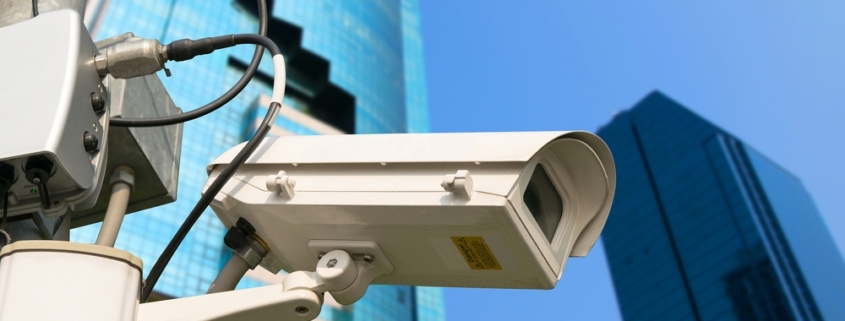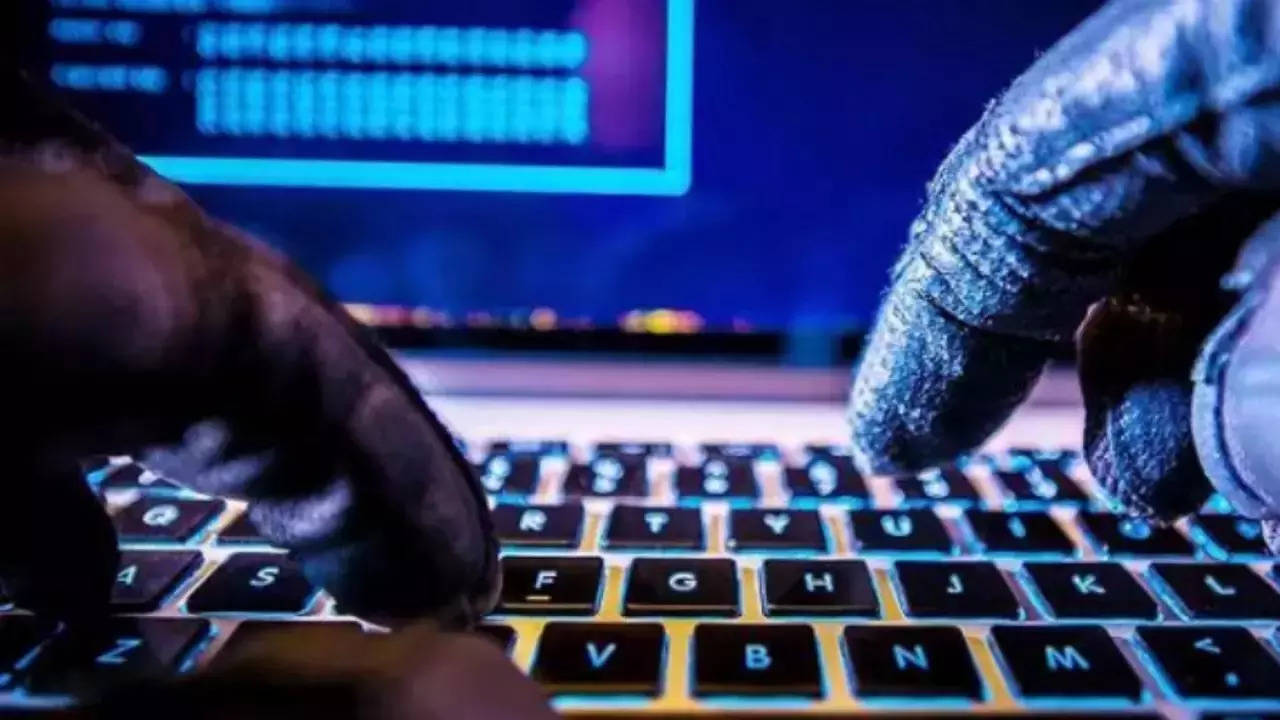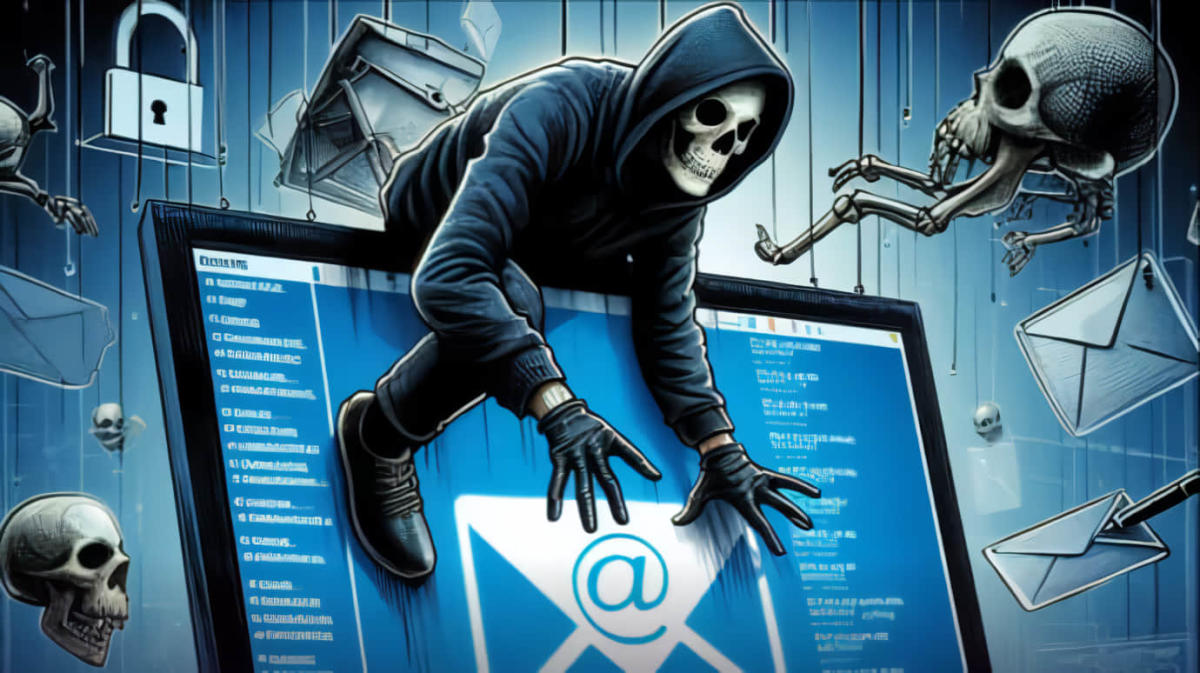Russian Agents Hack Webcams to Guide Missile Attacks on Kyiv
The Security Service of Ukraine (SSU) has asked owners and operators of webcams in the country to stop broadcasts from their devices over concerns about Russia’s intelligence services using the feeds to conduct military reconnaissance against strategic targets.
The SSU’s move follows a recent incident where Russian agents hacked into two residential webcams in Kyiv to gather information on the city’s air defense systems prior to launching a missile attack on the Ukrainian capital.
Residential Webcams
In a statement, the SSU described one of the webcams as being located on top of a Kyiv apartment building — apparently near a critical infrastructure facility — and being used by the condo association to monitor the surrounding area. Russian intelligence services hacked into the camera, changed its viewing angle, and streamed its live feed to YouTube from which they monitored everything within the camera’s range.
The second camera too was located at a residential complex in Kyiv, this one for monitoring the building’s parking facility. Russian agents took control of the webcam the same way they did with the first and used it to gather information on an adjacent critical infrastructure facility. “The aggressor used these cameras to collect data to prepare and adjust strikes on Kyiv,” the SSU said. “Based on the uncovered facts, the SSU is acting to neutralize new attempts by the invaders to conduct reconnaissance and sabotage through online cameras.”
So far, this has meant blocking the operation of some 10,000 IP cameras in Ukraine that Russia could have used to inform its missile attacks on the country, the SSU said. In its statement, the state security agency reminded citizens and operators of street webcams in the country about their obligation not to broadcast video and images that Russia could use for targeted attacks. “Remember: it is forbidden to film and publish photos and videos of the operation of the Defence Forces and the consequences of enemy attacks,” the SSU said. “The publication of such material on the Internet is considered to be adjustment of enemy fire and is subject to criminal liability.”
The Broader Threat
Russia’s hacking of IP cameras and the country’s use of…



